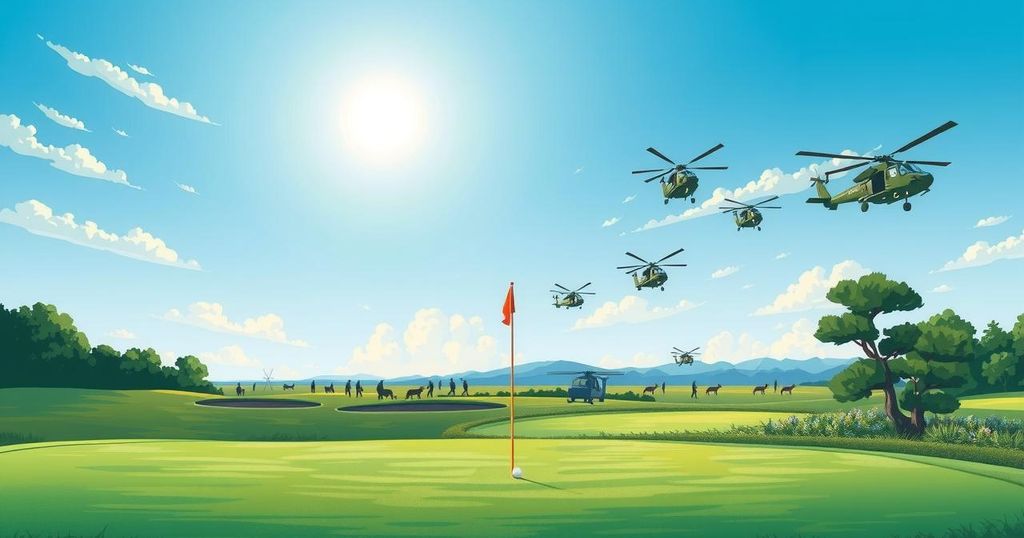Lawrence O’Donnell Criticizes Trump’s Warrior Claims Over Vietnam Record

- MSNBC’s Lawrence O’Donnell mocks Trump’s warrior claims.
- Trump suggested reinstating Secretary of War position at NATO summit.
- O’Donnell pointed out Trump’s five Vietnam draft deferments.
- Allegations surfaced questioning Trump’s medical exemption for bone spurs.
- O’Donnell contrasted Trump’s military evasion with his bravado today.
O’Donnell Challenges Trump’s Warrior Claims at NATO Summit
MSNBC host Lawrence O’Donnell recently critiqued Donald Trump’s claim of feeling like a warrior, specifically referencing the controversy surrounding Trump’s medical deferment from the Vietnam War. During a NATO summit in the Netherlands on Wednesday, Trump suggested reinstating the title “Secretary of War” for Defense Secretary Pete Hegseth for a temporary period, remarking that they all feel like warriors. He further discussed a military operation targeting three nuclear facilities in Iran, contrary to a leaked intelligence report that contradicted his claims of success in the missions.
Critics Question Trump’s Vietnam War Exemption History
O’Donnell sharply addressed Trump’s history of evading military service, highlighting that Trump obtained five deferments during the Vietnam draft, four of which were attributed to education. Following graduation from the University of Pennsylvania in 1968, he received a fifth exemption—this time on medical grounds—after being diagnosed with bone spurs in his heels. Critics, including O’Donnell, raised doubts about the legitimacy of this diagnosis, especially after allegations surfaced that the foot ailment might have been exaggerated as a favor by a family podiatrist.
O’Donnell Highlights the Irony of Trump’s Claims
In a passionate segment, O’Donnell described how, unlike countless young men who had no choice but to serve, Trump appeared to be frightened of his potential deployment to Vietnam. This fear, as O’Donnell noted, contrasts sharply with Trump’s current bravado about feeling like a warrior in the comfort of an air-conditioned Situation Room. O’Donnell concluded by likening Trump’s political persona to that of a perpetual victim—one who spends his days lamenting perceived grievances while claiming the mantle of strength.
In summary, Lawrence O’Donnell’s critique of Donald Trump serves to underscore the dichotomy between Trump’s self-identification as a warrior and his actual history of avoiding military service during a tumultuous era in U.S. history. O’Donnell’s comments not only challenge the authenticity of Trump’s bravado but also reflect a broader frustration regarding claims of patriotism without corresponding action. Ultimately, this ongoing discourse highlights the complexities of leadership narratives in contemporary politics.






